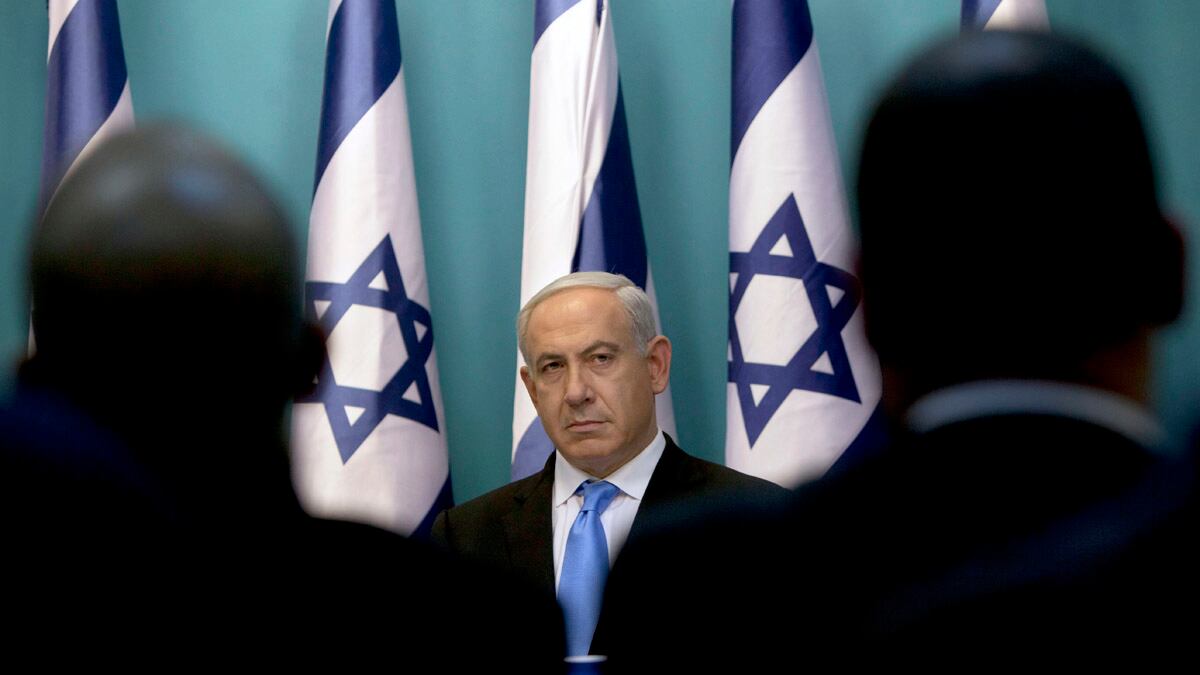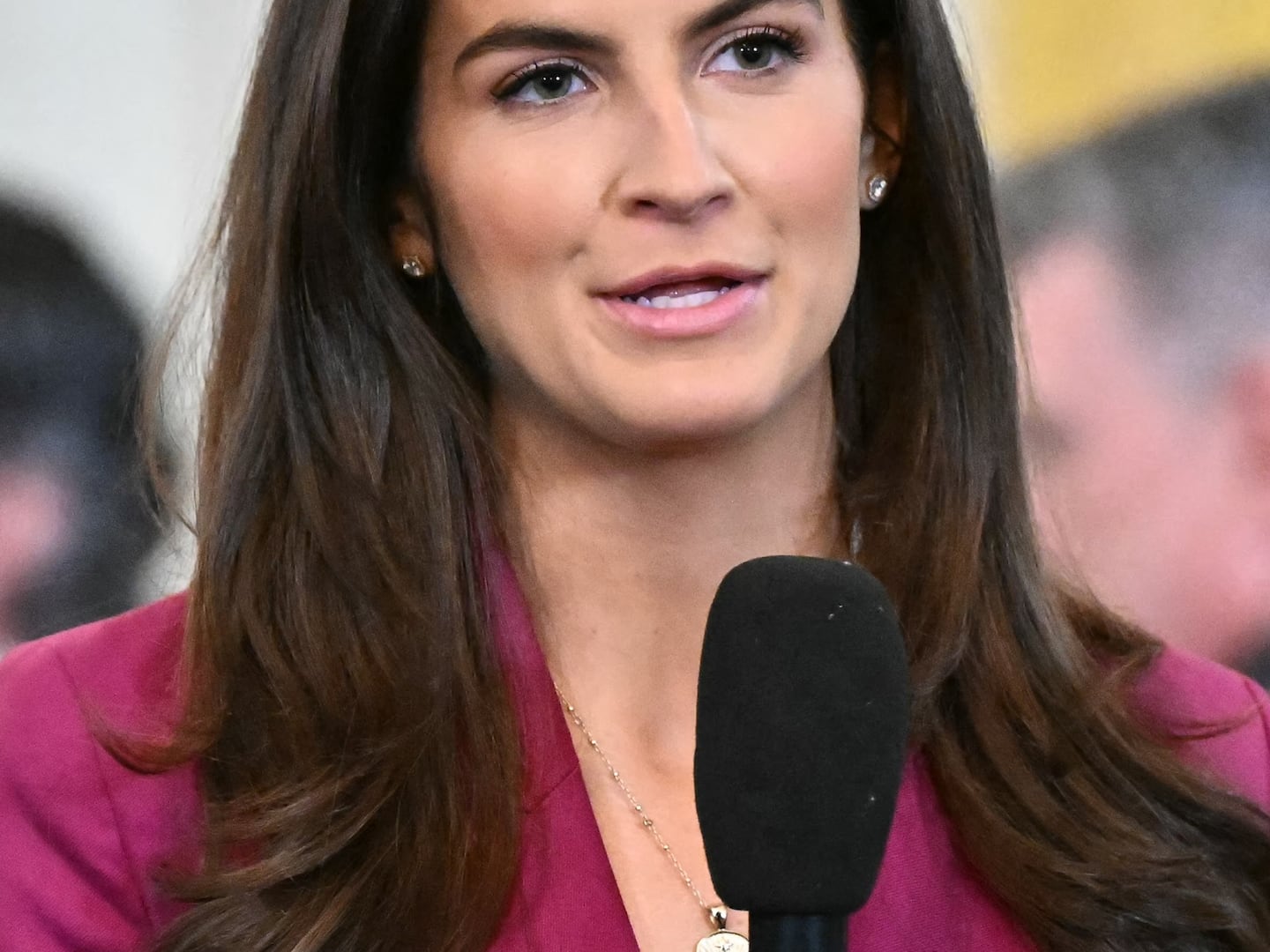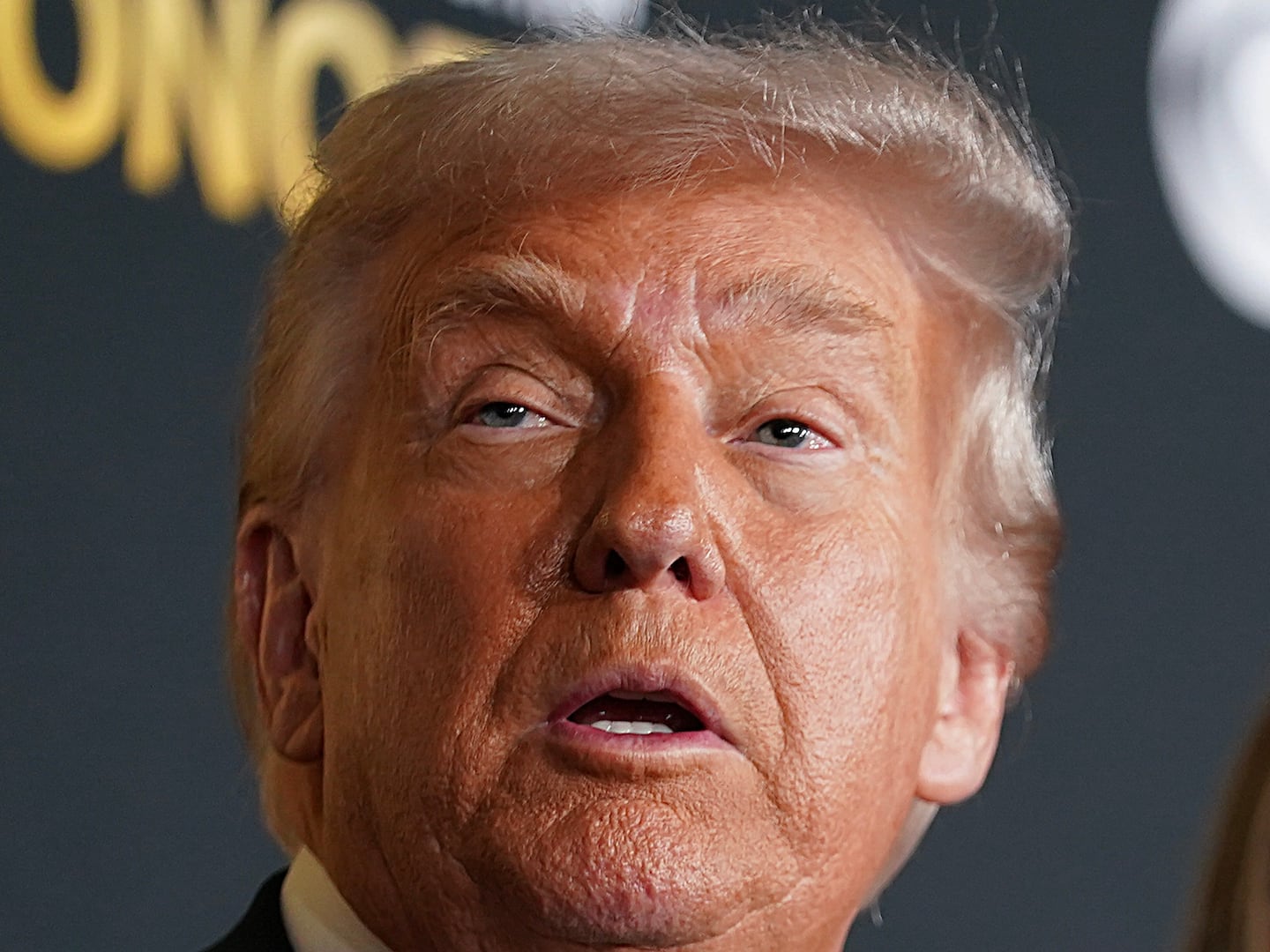The bottom line of Israel’s elections outcome is twofold: King Bibi is no more, and the right-wing and ultra-Orthodox bloc has been weakened substantially. Netanyahu will no longer be able to form a narrow right and ultra-religious coalition and dictate terms to the center parties who want to join him. But the country will be very difficult to govern.
The results of the elections primarily generated a sigh of relief among Israel’s liberals. After four years of darkness, with the likes of Lieberman, Elkin and Danon dominating the tone of the Knesset, Israel’s democratic center surpasses the right wing in strength. This means that the Likud’s extreme rightists will no longer be able to attack Israel’s democracy. And Michael Ben-Ari and Aryeh Eldad, the Kahanist racists who brought nothing but shame on Israel, are out of the Knesset.

Given the current election results, not likely to change dramatically anymore, the pivot of the next coalition is bound to be Yair Lapid’s Yesh Atid party, which has scored an unprecedented achievement: Without a single acting politician in its roster, it has an impressive number of MKs relative to the Likud. Netanyahu will not be able to create any coalition without Lapid, who can pretty much dictate the terms.
So far the good news, but looking at possible coalitions, it becomes clear that none of them is likely to function well: Lapid will have trouble cooperating with the ultra-Orthodox parties, because he wants to draft them into the IDF and end their stranglehold on taxpayers’ money. The next option is a coalition built around Likud Beitenu, Yair Lapid and Naftali Bennett. While Lapid is closer in mentality to Bennett than to the ultra-Orthodox, he is committed to the two-state solution whereas Bennett is in favor of annexing 60 percent of the West Bank. Such a coalition would be a recipe for further prolongation of the stalemate vis-à-vis the Palestinians.
Then, of course, there is the liberals’ wet dream: Netanyahu together with the center parties (or even just Labor) would command a comfortable majority, and could tackle a number of the major illnesses of Israeli society and politics. He could reform the political system, draft the ultra-Orthodox and move ahead with the Palestinians. But Bibi would no longer be Bibi if he went for such a bold move, and besides, he would run into head-on conflict with his own party, which has moved dramatically to the right.
Bibi being Bibi, he will try to muddle through. He will attempt to find middle ground between Lapid and Shas, Bennett and Livni, creating a large coalition where he doesn’t depend on any single coalition partner. He may or may not succeed in this ploy, depending on how strongly Lapid will stand up for his principles. But if Netanyahu gets away with this tactic, the center parties will end up being nothing but fig leaves for an extreme right policy, as Labor was in the previous government.
But the bottom line of this election is a sigh of relief. Many liberals have come to feel that the country has changed beyond recognition and that its democratic character was endangered. This is no longer the case: the center has regained its vitality, because Israelis have become disenchanted with Netanyahu’s combination of apocalyptic rhetoric and political inaction. It remains to be seen whether this will translate into a government that will move Israel out of the deadlock of the last four years.






